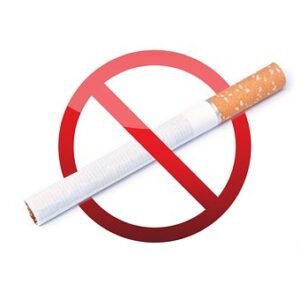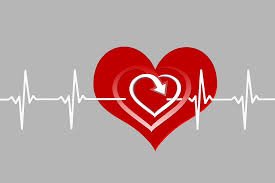High cholesterol levels can increase the risk of heart disease and other health problems. Here are some ways to reduce cholesterol:

Eat a healthy diet:

Choose foods that are low in saturated and trans fats, and high in fiber such as fruits, vegetables, whole grains, and lean proteins.
Exercise regularly:
Regular physical activity can help lower LDL (bad) cholesterol and raise HDL (good) cholesterol.
Maintain a healthy weight:

Being overweight or obese can increase cholesterol levels, so aim for a healthy weight through a balanced diet and regular exercise.
Quit smoking:

Smoking can raise cholesterol levels and increase the risk of heart disease and other health problems.
Limit alcohol consumption:

Drinking too much alcohol can increase cholesterol levels and contribute to weight gain.
Take medication:

If lifestyle changes aren’t enough to lower cholesterol levels, your doctor may prescribe medication such as statins to help reduce cholesterol.
LDL vs HDL Cholesterol.
Cholesterol is a type of fat found in the bloodstream and is essential for the body’s normal functioning. It is needed to build cell walls, produce hormones, and make bile acids that help digest food. However, too much cholesterol can be harmful and can lead to serious health problems like heart disease. In this article, we will discuss the difference between good and bad cholesterol and how to keep your heart healthy.
LDL Cholesterol (Bad Cholesterol)
Low-density lipoprotein (LDL) cholesterol is known as “bad” cholesterol because it can build up in the walls of arteries, causing a narrowing of the blood vessels and increasing the risk of heart disease. High levels of LDL cholesterol can lead to the formation of plaque, a thick, hard deposit that can clog arteries and lead to heart attacks and strokes.
There are several risk factors for high LDL cholesterol, including a diet high in saturated and trans fats, lack of physical activity, smoking, and family history. To reduce LDL cholesterol levels, it is essential to make lifestyle changes such as eating a heart-healthy diet, exercising regularly, quitting smoking, and taking medication if necessary.
HDL Cholesterol (Good Cholesterol)
High-density lipoprotein (HDL) cholesterol is known as “good” cholesterol because it helps remove LDL cholesterol from the bloodstream and carries it to the liver, where it can be processed and eliminated. High levels of HDL cholesterol are associated with a lower risk of heart disease.
There are several ways to increase HDL cholesterol levels, including exercising regularly, eating a diet rich in healthy fats like nuts, seeds, and fatty fish, avoiding smoking, and limiting alcohol intake.
Heart Health

Heart disease is the leading cause of death worldwide, and high levels of LDL cholesterol are a major risk factor. In addition to high LDL cholesterol, other risk factors for heart disease include high blood pressure, smoking, diabetes, and a family history of the condition.
To keep your heart healthy, it is important to make lifestyle changes that can reduce your risk of heart disease. These include:
Eating a heart-healthy diet:

A heart-healthy diet includes plenty of fruits, vegetables, whole grains, lean protein, and healthy fats. Avoid foods that are high in saturated and trans fats, sodium, and added sugars.
Exercising regularly:

Aim for at least 30 minutes of moderate-intensity exercise most days of the week. This can include activities like brisk walking, cycling, or swimming.
Quitting smoking:

Smoking is a major risk factor for heart disease, and quitting can significantly reduce your risk.
Managing other health conditions:
If you have high blood pressure, diabetes, or other health conditions, work with your healthcare provider to manage these conditions and reduce your risk of heart disease.
Taking medication if necessary:

If lifestyle changes are not enough to lower your cholesterol levels or reduce your risk of heart disease, your healthcare provider may recommend medication.
In conclusion, cholesterol is an essential component of our bodies, but high levels of LDL cholesterol can lead to serious health problems like heart disease. It is important to make lifestyle changes that can reduce your risk of heart disease, including eating a heart-healthy diet, exercising regularly, quitting smoking, managing other health conditions, and taking medication if necessary. By making these changes, you can keep your heart healthy and reduce your risk of heart disease.
you have any queries related to medical health, consult Subhash Goyal or his team members on this given no:+91 99150 99575,+91 99150 72372,+918283060000




